Solar Grass Blades
Unique nanostructures copy grass blade architecture to harvest sunlight.

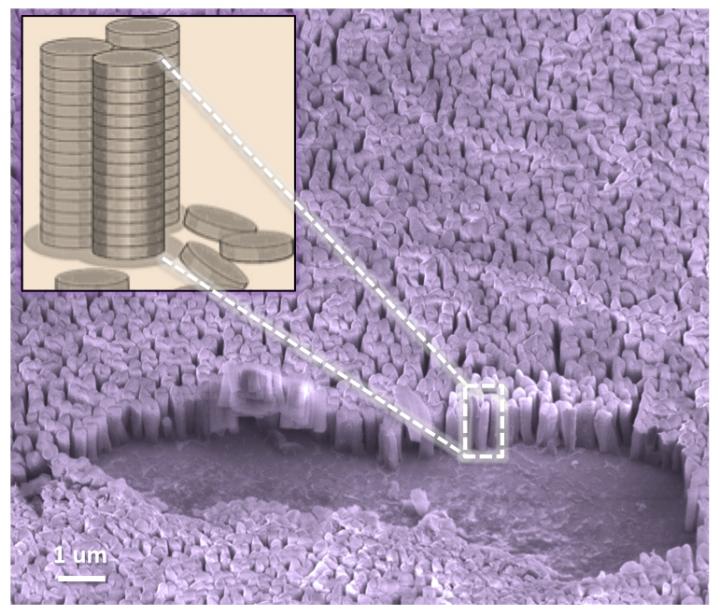

Regions of the U.S. that rarely saw earthquakes in the past are now shaking regularly due to oil and gas extraction activities.
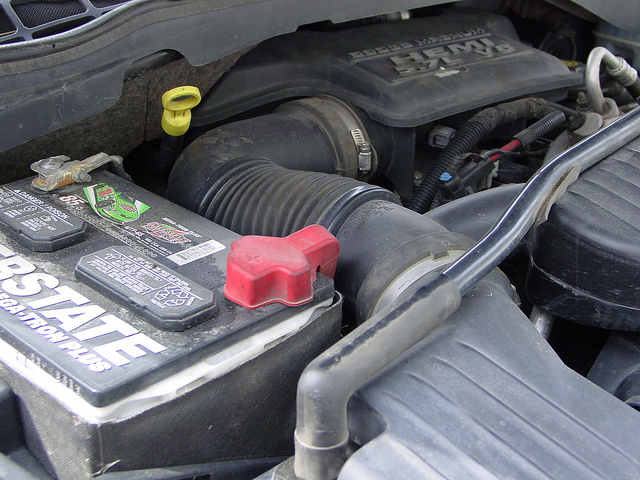
Engineers are creating highly efficient solar cells from recycled lead-acid car batteries.
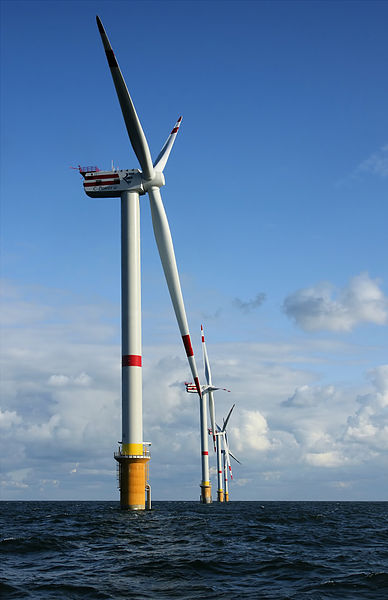
Massive offshore wind farms could have a surprising fringe benefit: disrupting hurricanes.
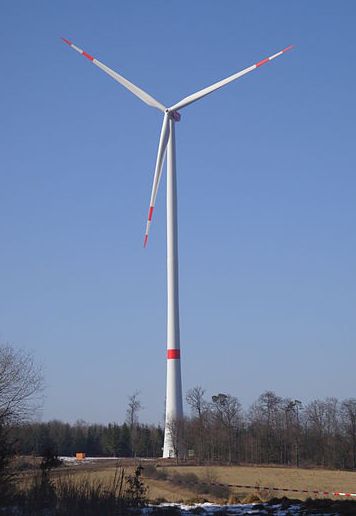
A new GPS tracking system could warn wind power companies of oncoming birds in time to prevent deadly collisions.
If metal isn’t supposed to go in microwave ovens, why do some of them have metal racks?
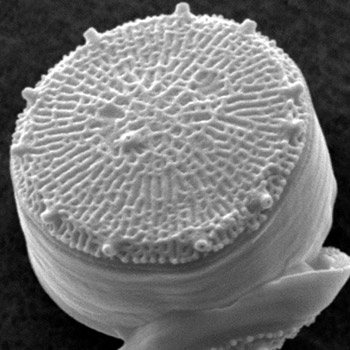
Scientists have overcome a major challenge in the commercial production of biofuel.
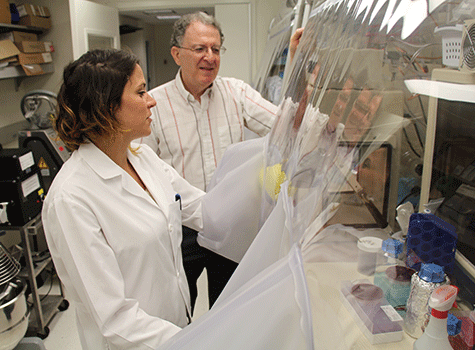
Gut microbes may be crucial to maintaining a healthy weight. The latest evidence comes from a study that transplanted human gut bacteria into mice.

The highly efficient lungs of birds are inspiring climate-friendly carbon-capturing filters.
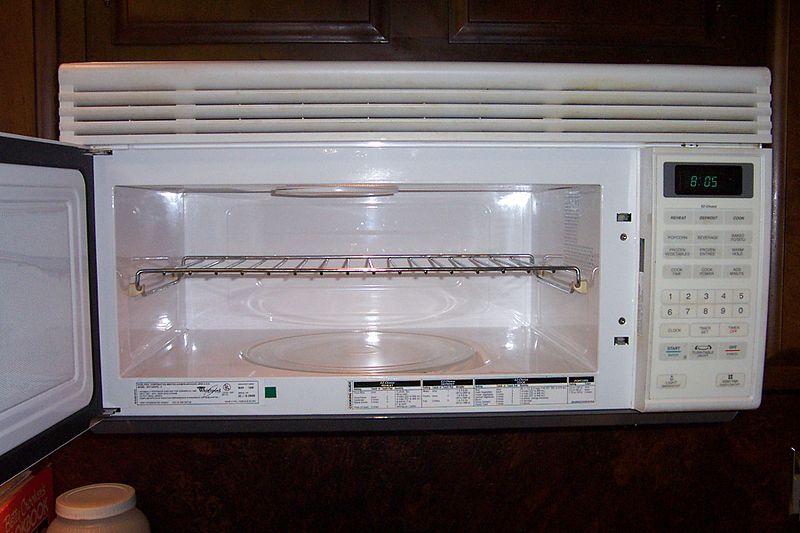
If metal isn't supposed to go in microwave ovens, why do some of them have metal racks?
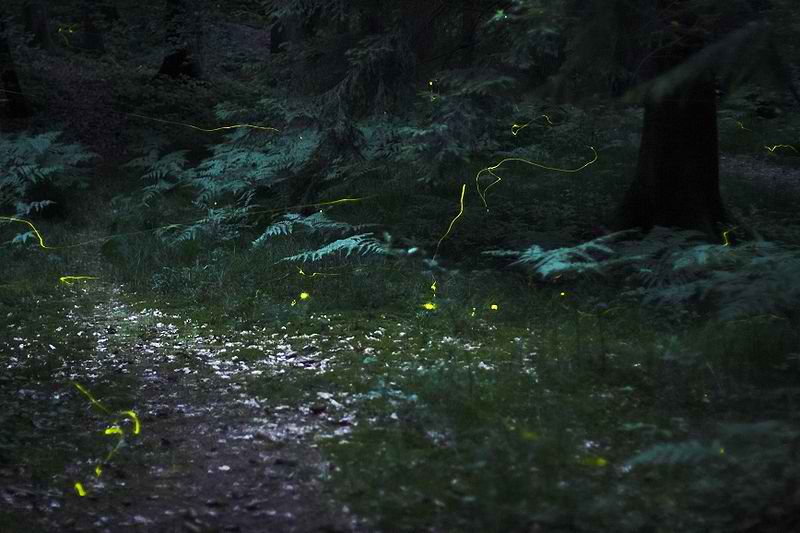
Cosmic rays called muons could help detect uranium in damaged Japanese nuclear reactors.
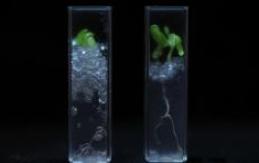
ENERGY & AGRICULTURE - New developments in wind power, a solar cell made from spinach, transparent soil clarifies plant research, extending the growing season, and how rainforests prevent drought in farmland.
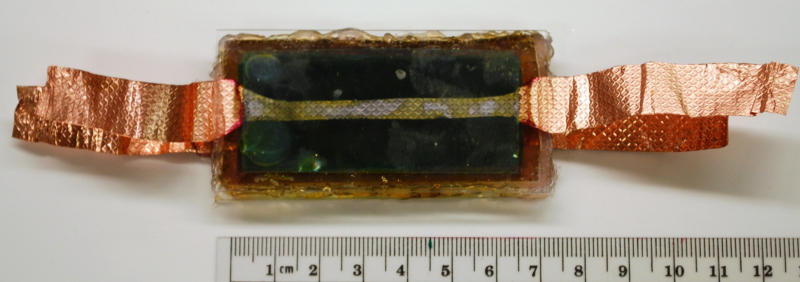
A protein in spinach packs a punch when it comes to converting solar energy into electricity.
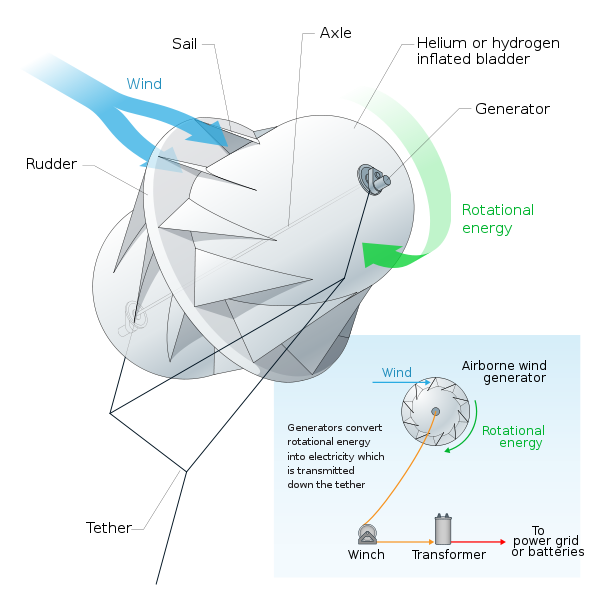
Airborne wind turbines have the potential to meet half of the world’s energy needs by 2030.
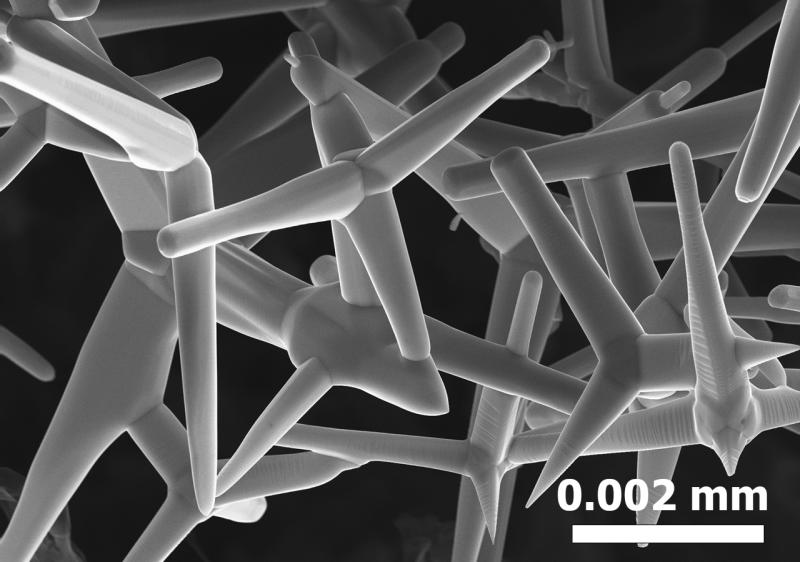
German scientists have created the world's lightest material, which is also among the darkest.
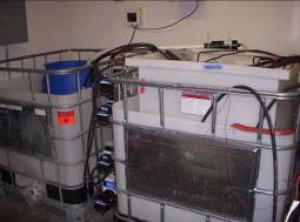
Microbial fuel cells, which clean wastewater and generate electricity, are getting closer to practicality.
Researchers are breeding specialized fish that glow when exposed to industrial pollutants.
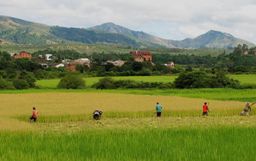
AAAS 2012 ANNUAL MEETING SPECIAL - This week, we're coming to you from Vancouver, British Columbia, where scientists are gathering to tackle issues or global importance, such as how to boost crop productivity to feed a growing population, and making cookstoves safer for the world's poor. Also: video games to combat cataracts, and ultra-thin electronics printed with silver ink.
Scientists have designed a theoretical anti-magnet. If it works in practice, it could have profound effects on both medicine and industry.
